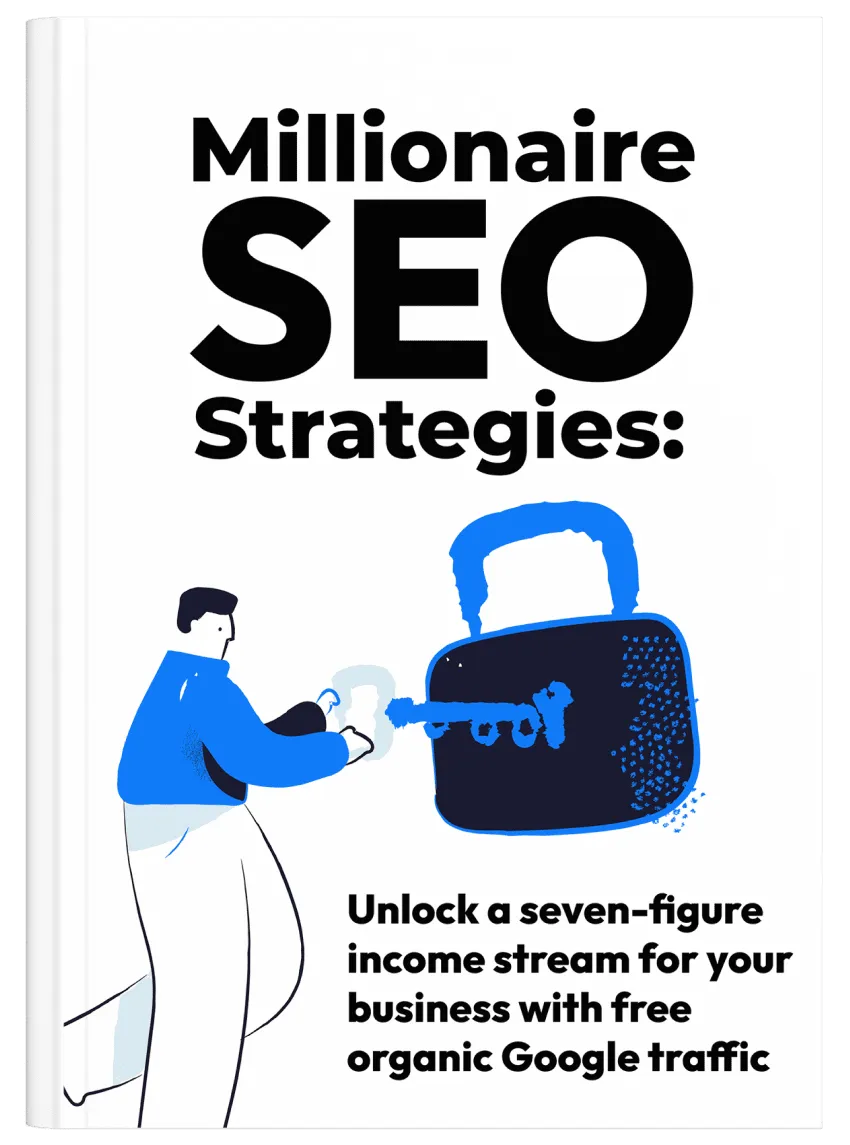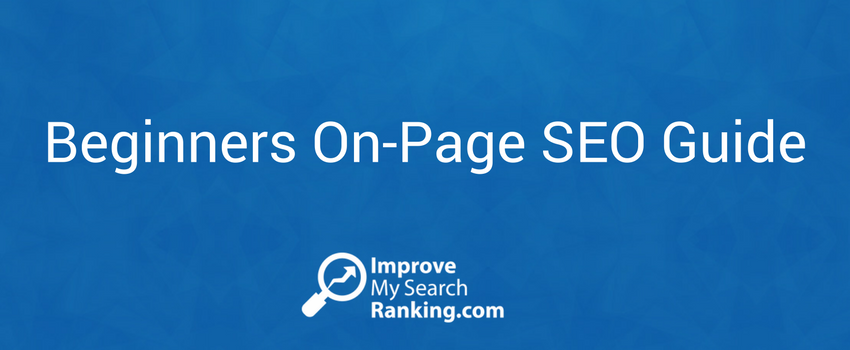
How Meta’s AI assistant with Google and Bing integration is reshaping SEO
Get ready to ditch the app-hopping! Meta’s AI assistant, powered by the impressive Llama 3 model, is changing the search game by integrating real-time results from both Google and Bing.
This innovative move signifies a major leap forward in AI assistant capabilities and their potential impact on how we find information online.
Meta’s AI assistant: The one-stop search hub
Imagine this: you’re planning a trip with friends in a Messenger group chat. You can now ask Meta’s AI assistant, seamlessly integrated within the chat, to find flights and suggest the least crowded travel dates.
No more switching between apps — simply ask your question and get the answers you need, right where you are.
This is the magic of Meta’s multi-pronged approach to its AI assistant. It’s designed to be a consistent presence across all its apps, offering features like:
- Search Box Integration: Look for the AI assistant embedded in the search bars of Facebook, Instagram, WhatsApp, and Messenger.
- Facebook Feed Engagement: The assistant can now appear directly in your Facebook feed, responding to comments and questions.
- Dedicated Web Experience: Head over to ai to continue conversations you started elsewhere.
- Real-time Text-to-Image Generation: Unleash your creativity with the “Imagine” feature in WhatsApp, generating real-time images based on your text descriptions.
- Future Integration with Meta’s Smart Glasses: Stay tuned for future integration with Meta’s VR headsets and smart glasses, making information retrieval even more seamless.
SEO in a new era: Adapting to the rise of AI assistants
Meta’s integration of Google and Bing results has significant implications for Search Engine Optimization (SEO). As AI assistants become the go-to platform for information discovery, ranking high in their integrated search results becomes crucial for publishers and businesses.
Traditionally, SEO strategies focused on optimizing content for search engines like Google. Now, the landscape is evolving. Here’s how SEO might need to adapt:
- Conversational Queries: AI assistants prioritize natural language queries that mimic human conversation. Optimizing content for these conversational formats could become a key SEO strategy.
- Beyond Keywords: While keywords remain important, user intent and the ability to answer users’ questions in a comprehensive way will likely take center stage.
The search landscape: Blurring lines and fierce competition
Meta’s move reflects the rapidly changing search landscape. The lines between traditional search engines and conversational AI are blurring, with companies vying for dominance in this new frontier. Mark Zuckerberg, Meta’s CEO, has ambitious plans to make his company’s AI assistant the smartest and most accessible available.
With the powerful Llama 3 model and the integration of leading search engines, Meta is positioning itself as a major player in the AI assistant market. This competition is ultimately good news for users, who can expect continued innovation and a more user-friendly search experience.
FAQs: Your AI assistant questions answered
Q: How is Meta’s AI assistant changing search?
A: Meta’s AI Assistant integrates Google and Bing results, allowing you to search directly within Facebook, Instagram, WhatsApp, and Messenger. This provides a one-stop search hub with a conversational interface, catering to how users increasingly prefer to find information online.
Q: What are some of the new features of Meta’s AI Assistant?
A: The AI assistant offers a range of features for a seamless search experience, including:
- Live search results from Google and Bing.
- Integration within search bars of various Meta apps.
- Ability to interact with posts directly on the Facebook feed.
- Dedicated desktop experience for continued conversations.
- Real-time text-to-image generation with the “Imagine” feature in WhatsApp.
- Planned future integration with Meta’s VR headsets and smart glasses.
You can learn more about this news in the official Meta announcement.
Conclusion
That’s it.
Because of how popular Meta’s apps are (WhatsApp, Facebook, and Instagram, for example), we are confident that Meta’s AI will make a big splash — especially because of its real-time integration with Google and Bing search results.
Because of this, we also expect it to shake up how a large percentage of online users search for information, businesses, and products online. This will surely have an impact on the future of search and how businesses are found on the Internet.
How are you planning to tackle this new, shifting reality in this post-AI world?
Let us know in the comments below. And if you need any help or have any questions, give us a call.








